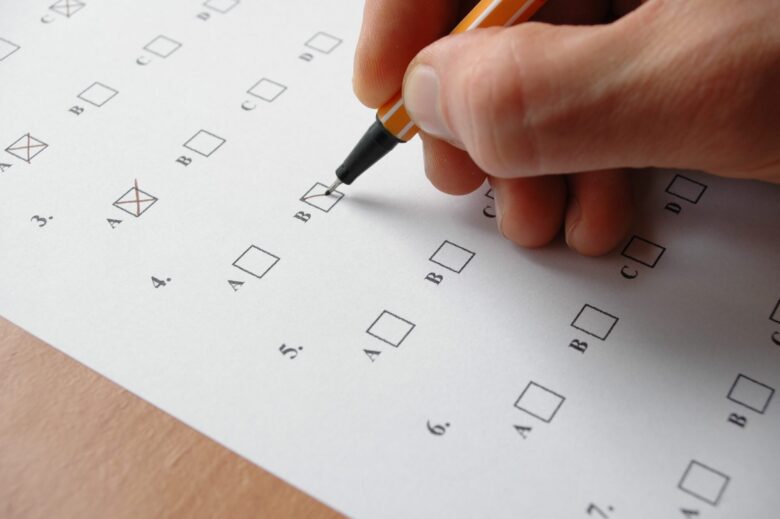Do tests really measure intelligence? Does one test accurately reflect intelligence compared to another? It’s a question that has been asked by many, and it’s one we will explore in this blog. Let’s dive in and see if tests can be used as an accurate measure of IQ.
How do IQ tests measure intelligence?

They are used to determine how intelligent a person is. Intelligence is often defined as a person’s ability to learn, reason and problem solve, among other cognitive skills. IQ (or Intelligence Quotient) tests measure a person’s raw mental or cognitive ability in comparison with their peers.
They can be divided into two categories: standardized and unstandardized. Standardized IQ test is the most common type of intelligence test; it is designed to assess general intelligence across large populations. They are usually taken on paper or computer and typically follow a similar format on each page, with different types of questions featuring in every version. Unstandardized IQ tests measure specific abilities in smaller populations and are designed to assess more specific abilities than standardized IQ tests, such as mathematical ability or creativity.
Both types of them seek to measure the same basic concept: intelligence. However, they do so using different methods and measuring slightly different things due to their intended purpose; unstandardized IQ tests focus more on individual abilities and aptitudes while standardized ones take into account an individual’s score in comparison with others in their age group or population level as a whole. Ultimately, both forms of testing offer important insights when it comes to understanding an individual’s cognitive skills, though one might be more appropriate for certain scenarios than the other depending on what type of data needs gathering from the assessment process itself.
How can I improve my IQ score?

They measure numerous aspects of intelligence, such as fluid reasoning (the ability to make sense of complex problems independently), memory, knowledge, processing speed and visual-spatial processing. Improving your IQ score requires developing these skills more effectively.
Fluid reasoning is concerned with problem-solving that does not rely on acquired knowledge. To improve in this area, practice activities such as puzzles and logic games that require thinking outside the box.
You can build memory capacity by replaying or rehearsing ideas or insights you’ve learned. Improving your recall speed also enhances your IQ test performance. Memory improvement techniques include chunking (grouping items into smaller units), associating images to words and practicing with flashcards or mnemonic devices.
Finally, practice timed exercises regularly which support working quickly under pressure on numerical or verbal tasks; this includes sequence recall or pattern recognition in a short period of time and faster decision making processes when predicting forthcoming shapes on mental rotation questions for instance.
Conclusion

Ultimately, the way in which intelligence tests measure IQ is complex and not fully understood. Therefore, it is important to consider the context and other factors when interpreting results so that a more accurate assessment of a person’s abilities can be made. By doing this, we can gain a better understanding of how best to support individuals in reaching their full potential.

